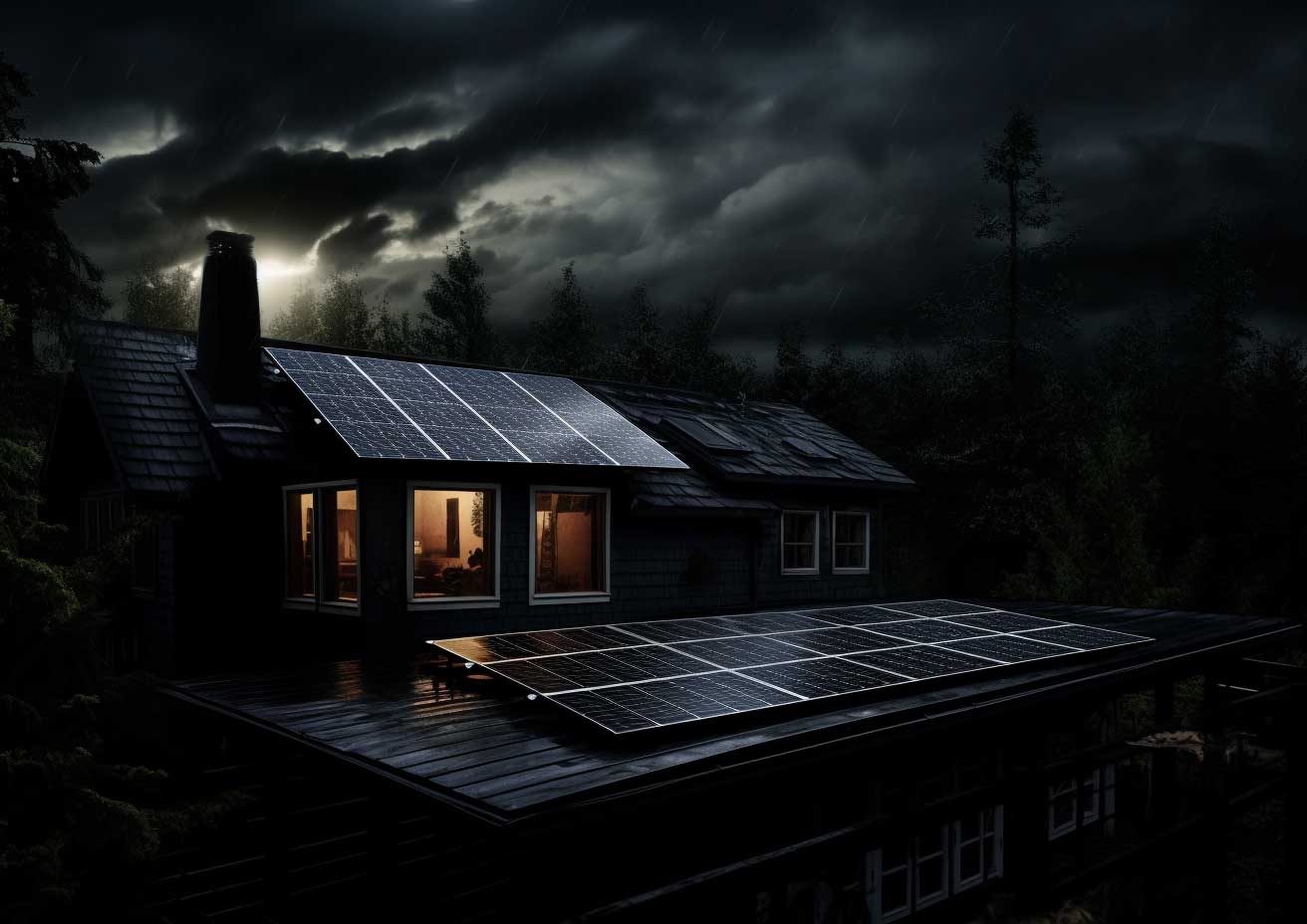2022 UPDATE: EVEN BETTER NEWS! THE SOLAR INVESTMENT TAX CREDIT (ITC), WHICH WAS EXTENDED FOR TWO YEARS AT 26% AS INDICATED IN THE FOLLOWING ARTICLE HAS NOW INCREASED TO 30% AND EXTENDED THROUGH 2032. THE EXCITING CHANGES WERE PART OF THE INFLATION REDUCTION ACT, SIGNED IN AUGUST OF 2022.
THE CREDIT WILL DECREASE TO 26% FOR SOLAR PHOTOVOLTAIC (PV) SYSTEMS INSTALLED IN 2033 AND TO 22% FOR SYSTEMS INSTALLED IN 2034.
The federal solar Investment Tax Credit (ITC) has been extended for two more years. The move is part of a $1.4 trillion spending and tax extension package that passed both houses of Congress along with a $900 billion Coronavirus relief package.
The ITC extension will retain the current 26 percent credit for solar projects that begin construction through the end of 2022, as opposed to expiring at the end of 2020 under the old law. The credit will decrease to 22 percent for projects that begin construction by the end of 2023, and then to 10 percent for larger solar photovoltaics (PV) installations, and zero percent for small projects that begin construction in 2024.
What are the benefits of the ITC?
The solar investment tax credit supports the growth of renewable energy and focuses on the solar industry in the U.S. The ITC incentivizes investment in solar energy and is likely one of the major reasons solar projects are rapidly expanding in the nation.
The solar ITC can be claimed on federal corporate income taxes for a percentage of the cost of a solar photovoltaic (PV) system that begins construction during a tax year. Most businesses are eligible as long as they are subject to U.S. federal income taxes, the project uses mostly new, not used equipment, and the project is not being used to heat a swimming pool.
On top of reduced tax liability, businesses can take advantage of accelerated depreciation (Modified Accelerated Cost-Recovery System, or MACRS) to reduce the overall cost of the solar system itself. Accelerated depreciation rules allow the full tax basis minus half the ITC to be depreciated over a five-year MACRS depreciation schedule using a half-year convention. Any unused depreciation can be carried forward indefinitely.
Even better? Businesses can elect to claim a depreciation bonus. The Tax Cuts and Jobs Act of 2017 increased bonus depreciation to 100% for eligible projects commissioned and put into service after September 27, 2017 and before January 1, 2023. After that, the percentage drops 20% per year until it reaches 0% in 2027.
Finding the right solar partner
When the solar ITC extension was first created, the incentive was 30 percent. It has since dropped and, fortunately, will stay at 26% for a little bit longer.
The longer a business waits to begin a solar installation at their facility or facilities, the larger the tax liability it will be responsible for. That’s why waiting is not a good idea. Waiting to switch to solar energy also means steeper utility bills and continued dependence on a utility provider.
In fact, one of our partnerships resulted in a $141,935 solar investment tax credit, which was 26 percent of the project cost. We designed and installed 1,597 solar panels at the main building of the Phoenix Buckeye transportation center for Knight-Swift Transportation Holdings. It was a rooftop system and the array was sized at just over 367 kW.
We can get you a customized solar installation that fits your needs. Backed by decades of experience in the energy solutions space, we will design and build your solar project to align with your goals.
You may be looking to slash your energy bill, decrease your dependence on the local utility provider, or want to reduce carbon emissions – you name it, we will install the solar PV system with you in mind. If you’re considering energy storage along with your solar project, we’ve got that covered, too. Let us, at least, get the conversation started!




